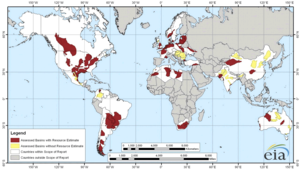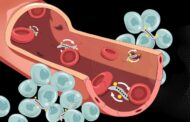There is a need to develop therapeutic vaccines for HPV-related tumors
Researchers at Moffitt Cancer Center have developed and tested in mice a synthetic vaccine and found it effective in killing human papillomavirus-derived cancer, a virus linked to cervical cancers among others.
The research was published in a recent issue of Cancer Immunology, Immunotherapy.
“Vaccines for cancer can be good alternatives to conventional therapies that result in serious side-effects and are rarely effective against advanced disease,” said Esteban Celis, M.D., Ph.D., senior member and professor in Moffitt’s Immunology Program. “The human papillomavirus, or HPV, is known to cause 99 percent of cervical cancers and annually causes more than 250,000 deaths worldwide.” In addition, HPV is the causative agent of a large proportion of head and neck and genital cancers.
Although two approved prophylactic vaccines against strains of HPV that cause cervical cancer are now in wide use as a measure to prevent HPV infections, these vaccines cannot be used to treat HPV-induced cancers. Thus, there is a need to develop therapeutic vaccines for HPV-related tumors.
In an effort to find an effective HPV-cancer vaccine that would eliminate existing HPV-induced cancer, Celis and Kelly Barrios-Marrugo, Ph.D., of the University of South Florida College of Medicine‘s Molecular Medicine program, designed a peptide vaccination strategy called TriVax-HPV.
via Science Daily








